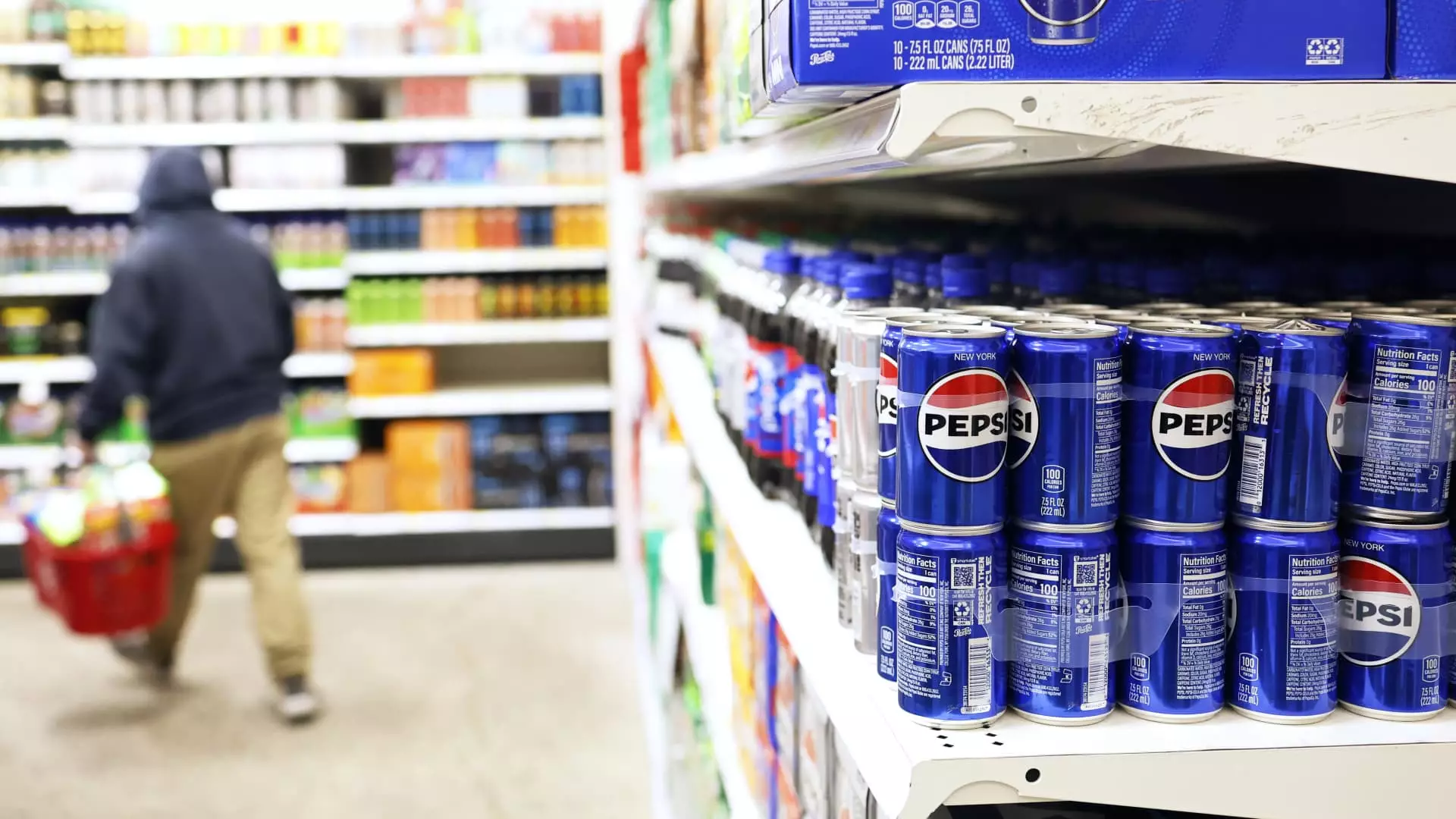On Friday, the Federal Trade Commission (FTC) announced a significant legal action against PepsiCo, accusing the multinational beverage corporation of engaging in illegal price discrimination practices. This lawsuit is rooted in allegations that PepsiCo offered preferential pricing and promotional terms to one particular retailer, which sources suggest is Walmart, at the expense of its competitors. Such practices raise serious questions about fair competition in the food and beverage industry and could have far-reaching implications for market dynamics.
At the center of this controversy is the Robinson-Patman Act, a piece of legislation established in 1936 that aims to protect competition by prohibiting price discrimination among buyers of similar goods. The FTC argues that PepsiCo’s actions are in direct violation of this act, as it is accused of providing Walmart with advantageous promotional payments and allowances not available to other retailers. This could distort the competitive landscape and potentially lead to higher prices for consumers if competing retailers struggle due to unfair pricing practices.
In response to the lawsuit, PepsiCo has vehemently denied the allegations, asserting that its practices conform to industry standards. The company’s statement to CNBC emphasized their commitment to fair competition, claiming that the lawsuit is misguided both in factual basis and legal reasoning. PepsiCo further stated intent to vigorously defend itself in court, underscoring its belief that the price adjustments and promotional aids it provides are standard operating procedures that do not disadvantage other retailers.
While Walmart has not commented on the lawsuit, the implications of the FTC’s claims could be significant for the retail giant and its competitors. If the FTC successfully lifts redactions in the filing to reveal more detailed allegations, this could set a precedent that influences the way large retailers negotiate deals with suppliers. Should PepsiCo be found in violation of the Robinson-Patman Act, it could not only affect its relationship with Walmart but also lead to broader repercussions for how pricing strategies are developed across the industry.
This lawsuit is significant not only in terms of its content but also in its timing, coinciding with a wave of federal legal actions as the Trump administration transitions out of power. With Lina Khan’s leadership at the FTC winding down, and her Republican successor already expressing dissent regarding this decision, the lawsuit reflects ongoing tensions about regulatory enforcement in the post-deregulation era. The Biden administration has shown a commitment to reviving regulatory oversight, as evidenced by its recent actions against other corporate entities, raising questions about the future of antitrust regulations.
As the court case unfolds, there will be considerable scrutiny not only on PepsiCo’s practices but also on the FTC’s approach to enforcing the Robinson-Patman Act. The outcome of this lawsuit could reshape the conversation around competition within the broader marketplace and set crucial precedents for how multinational corporations engage with large retailers like Walmart. Stakeholders in the food and beverage industry will undoubtedly be watching closely as these developments could herald a new era of scrutiny for pricing practices and competitive fairness.

